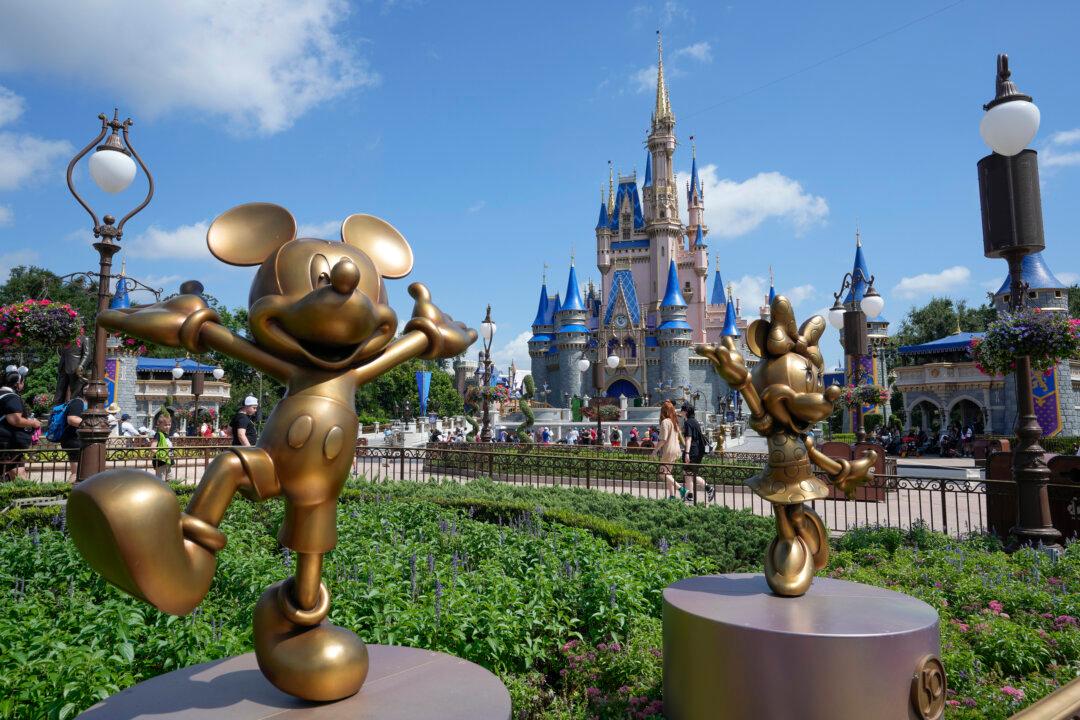Disney asked a federal appellate court on June 13 to dismiss its lawsuit against Florida Gov. Ron DeSantis. A day earlier, the governor’s appointees reached a deal with the company on how Walt Disney World would be developed over the next two decades, ending the remaining conflict between the two parties.
The development agreement was approved Wednesday night by the Republican governor’s appointees to the Central Florida Tourism Oversight District (CFTOD), which oversees Disney World. According to a March settlement, the future of the federal lawsuit was contingent on the parties reaching a development deal.





